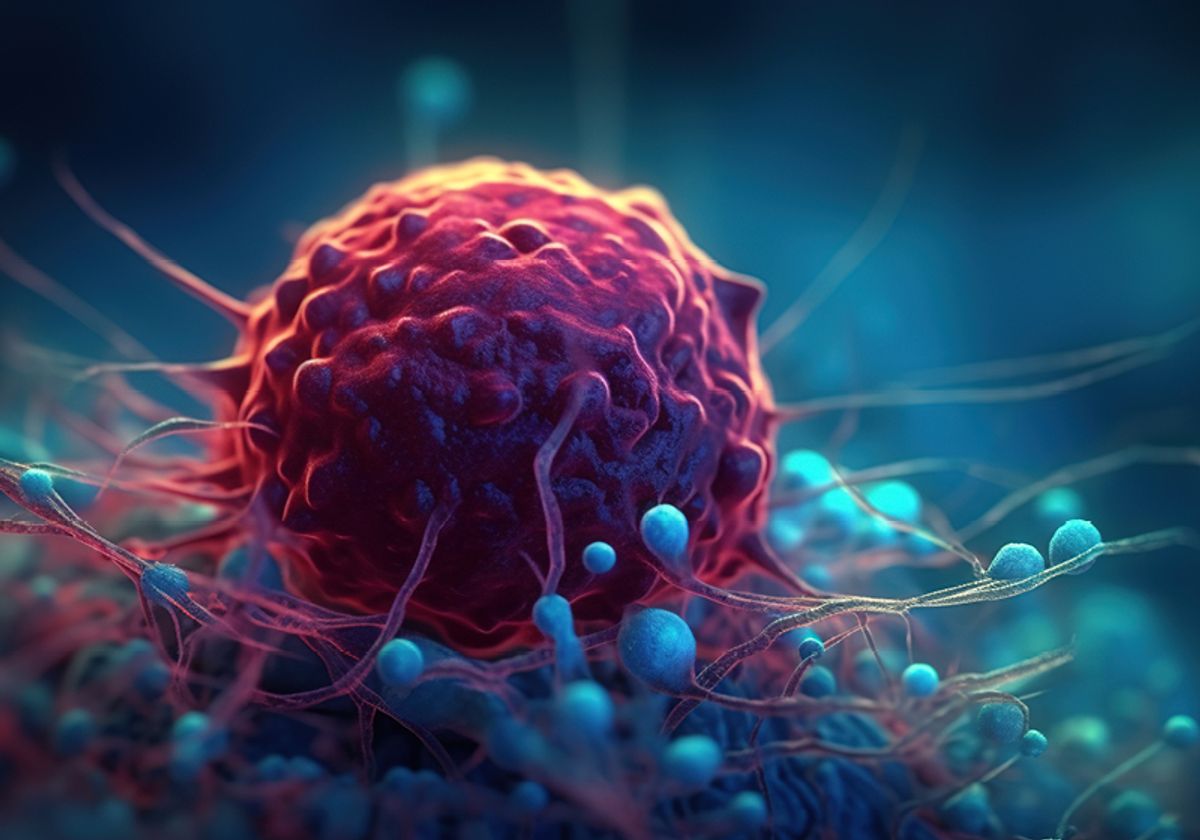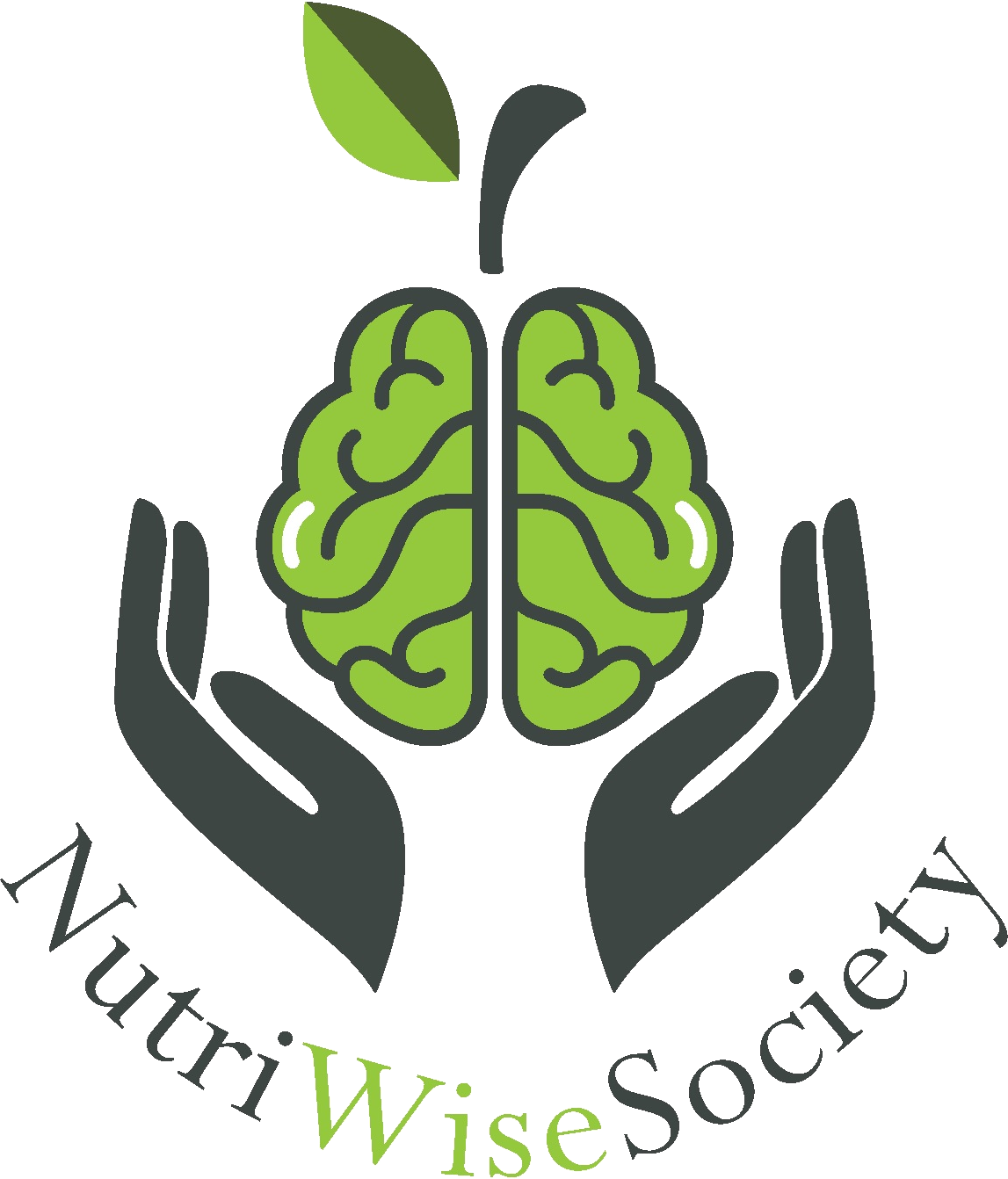Articles

Cancer
What is Cancer?
Cancer is a disease that affects cells, the basic building blocks of the body. Under normal conditions, cells receive genetic instructions for growth and death. However, when these processes are disrupted, cell production, replication, and behavior become uncontrolled, leading to cancer.
Causes of Cancer
Cancer encompasses multiple types, so no single cause is responsible. Factors related to modern lifestyles contribute to the disease. Key risk factors include:
- Smoking
- Poor diet
- High body fat
How to Reduce Cancer Risk
Certain factors can be managed to reduce cancer risk:
Physical Activity
- Increase daily movement, incorporating simple exercises. Thirty minutes of activity is a good starting point.
Weight Control
- Excess weight is a major cancer risk factor. Managing weight through healthy food choices in terms of quality and quantity can help. A diet plan, such as Dr. Ruba Msharbash’s “4-in-1 Diet,” may aid in achieving a healthy weight.
Food Choices
- Be aware of the types and quantities of food consumed. Avoid preservatives, processed foods, and pesticide-exposed foods. Reading food labels is essential.
Diet and Cancer Prevention
While no specific food prevents cancer, studies show that diets rich in fruits, vegetables, whole grains, and legumes can significantly reduce cancer risk. Many fruits and vegetables contain vitamins, minerals, and phytochemicals that help combat cancer. Suggested foods include:
- Apples: Rich in fiber, vitamin C, and antioxidants from phytochemicals.
- Broccoli and Leafy Greens: High in vitamin C, vitamin K, and other nutrients like potassium and magnesium.
- Coffee: Contains antioxidants like caffeine and chlorogenic acid, which may combat cancer.
- Garlic: Has shown protective effects against stomach, rectal, and colon cancers.
- Tomatoes: Contain lycopene, shown to protect against prostate cancer.
- Green Tea: High in catechins and antioxidants, providing cancer-fighting benefits.
Cancer Prevention Tips
- Maintain a healthy weight.
- Engage in daily physical activity (at least 30 minutes).
- Avoid high-sugar and high-calorie foods.
- Consume plenty of vegetables, fruits, legumes, and whole grains.
- Limit red and processed meats.
- Avoid alcohol.
- Reduce salty and processed foods.
- Breastfeeding is recommended for six months to reduce breast and uterine cancer risk.
- Avoid smoking to reduce lung cancer risk.
Diet Tips for Cancer Patients
Eating well is essential for cancer patients undergoing treatment, as many experience weight loss and appetite changes. Suggestions include:
- Divide meals into small portions.
- Maintain food hygiene and preparation cleanliness.
- Drink adequate fluids, sipping throughout the day.
- Eat breakfast and include light snacks between meals.
- Eat in a comfortable environment and enjoy meals with others.
Food Preparation Tips
- Cook meat thoroughly.
- Avoid charring or over-toasting foods.
- Boiling or steaming is preferred over high-heat cooking.
- Wash fruits and vegetables thoroughly and peel them when possible.
- Clean cutting boards with hot water and soap.
Common Challenges During Cancer Treatment
- Appetite Loss: Try eating small, frequent meals, enjoying favorite foods, and avoiding large amounts of fluid with meals.
- Taste Changes: Brush teeth before meals, add mild spices, and serve food at room temperature.
- Dry Mouth: Sip cold water or use a straw, and try grapefruit or lemon juice.
- Nausea: Avoid strong-smelling foods, eat small meals, and try ginger to reduce nausea.
- Diarrhea: Avoid high-fiber foods, legumes, and high-caffeine drinks, and include soluble fiber foods like bananas and peeled apples.
Foods to Avoid
Cancer patients should avoid:
- Mayonnaise and pre-made salad dressings.
- Raw or undercooked meats and eggs.
- Unpasteurized milk and cheeses.
- Fried foods and burnt or charred foods.
- High-sugar foods and beverages.
- Alcohol, smoked, and pickled foods.
Recommended Foods
- Foods rich in lycopene (e.g., tomatoes, watermelon).
- 3-4 servings of fruit and 5 servings of vegetables daily.
- Lightly cooked broccoli and cauliflower.
- Vitamin C-rich foods like oranges, grapefruit, and bell peppers.
- Whole grains, brown rice, and bread.
- Olive and canola oils for cooking.
- Lightly boiled peeled vegetables.
- Nuts like walnuts and almonds (unsmoked).
